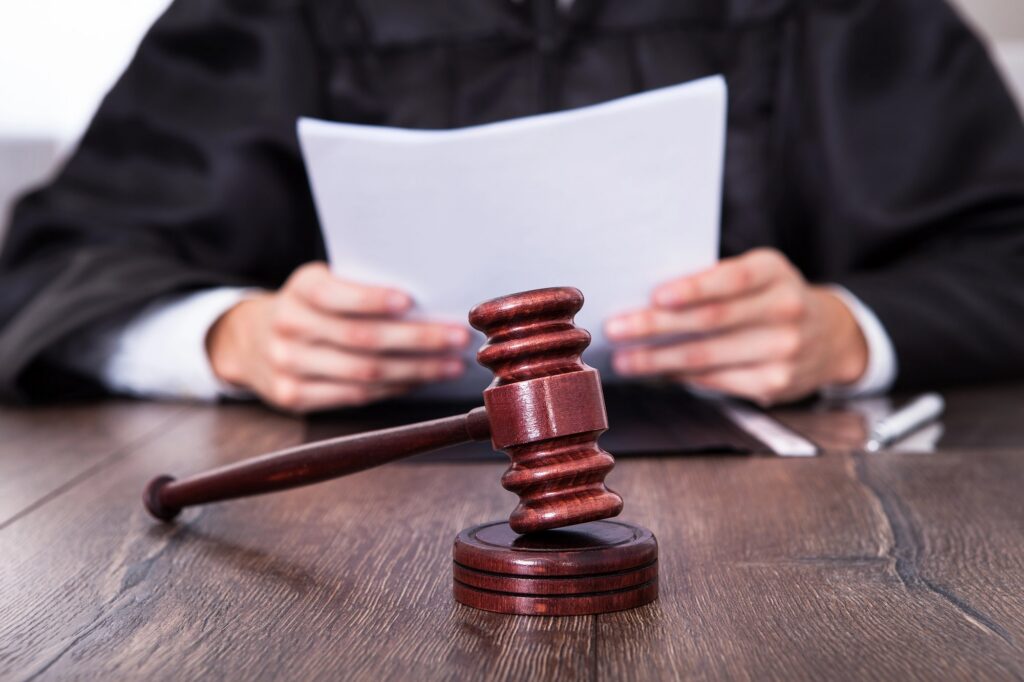Attorney Organization
There are many people and professionals who may wish to learn more about attorneys, the legal profession, and legal oriented organizations for legal professionals, as well as those that cater to lay people or both.

Criminal Courts
When a person breaks a law in the United States it is usually considered a crime. As set out in the Constitution of the United States of America, when someone is charged with a crime they have the right to a fair and speedy trial. Depending on the specific circumstances and charges against an individual, people who are charged with crimes are sometimes allowed to stay out of jail on bail while awaiting their trial. If a person who cannot afford to hire a lawyer is accused of a crime, the state will typically offer to appoint a public defender who is paid by the state. Typical punishments for criminal convictions include jail or prison time and fines.

Civil Courts
Civil courts are used for civil lawsuits and hearings. Typical civil lawsuits include a dispute between two or more parties with one plaintiff and one or more defendants, but class action lawsuits that have multiple plaintiffs are not uncommon. The plaintiff or plaintiffs in a civil lawsuit typically seek compensation for the wrongdoings of the defendant or defendants. Civil courts also hold hearings where there is no lawsuit But when legal proceedings such as an adoption or divorce are heard before a judge who decides whether or not to grant the plaintiff what they are asking for.
Layers of Law
The way that laws are delineated, the different branches of law, how law is practiced in different jurisdictions, and how they cross over one another, can be complicated. Federal laws supercede state laws yet there are state laws that contradict federal laws. Only a lawyer who is licensed to practice law in the jurisdiction that a particular legal situation occurred is legally qualified to give legal advice. If it you need legal advice about a particular situation, it is important that you get this from a source that is authorized to give such advice.
Criminal Law Compared to Civil Law
When someone is charged with a crime it is always by the state. Very often this is in fact done by local law enforcement agencies within a particular state but in this context, “the state,” simply means, the government. Crimes can be committed against the federal or other branches of government. Civil courts deal with non-criminal legal issues.
There are many different kinds of people who will need to know about different kinds of attorneys for different reasons at one or many points in their lives. People who need the assistance of an attorney need this information to help them to make informed decisions about their legal situation. People who work in the legal field need information relevant to their practice and professional development, including keeping abreast of what potential clients and other people who are not in the legal profession are interested and need to know.
These are only two major groups of people who benefit from educating themselves on different areas of law and how they can affect their personal and/or professional lives. There are many other people and professionals who may wish to learn more about attorneys, the legal profession, and legal oriented organizations for legal professionals, as well as those that cater to lay people or both.
Lastest Blogs
Explore our latest blogs to discover fresh perspectives, industry insights, and innovative ideas that can inspire and inform your professional journey.
5 Questions For Your Pedestrian Accident Consultation
How Does Cheating Affect Spousal Support
When Product Displays Interfere With Safe Foot Traffic
Why Multi Vehicle Pileups Often Involve Commercial Trucks
Why Falls From Heights Lead To Serious Construction Site Claims
How A Civil Lawsuit Can Impact An Aggravated Assault Case
Send Us Your Questions!
Email us with any questions and concerns






